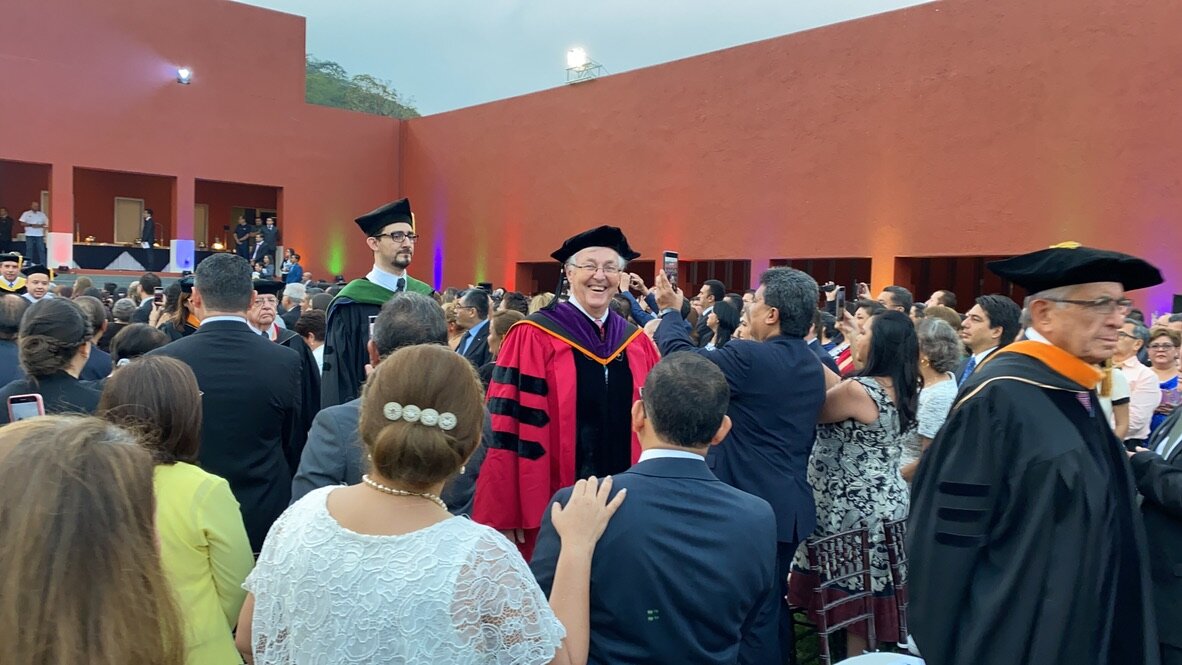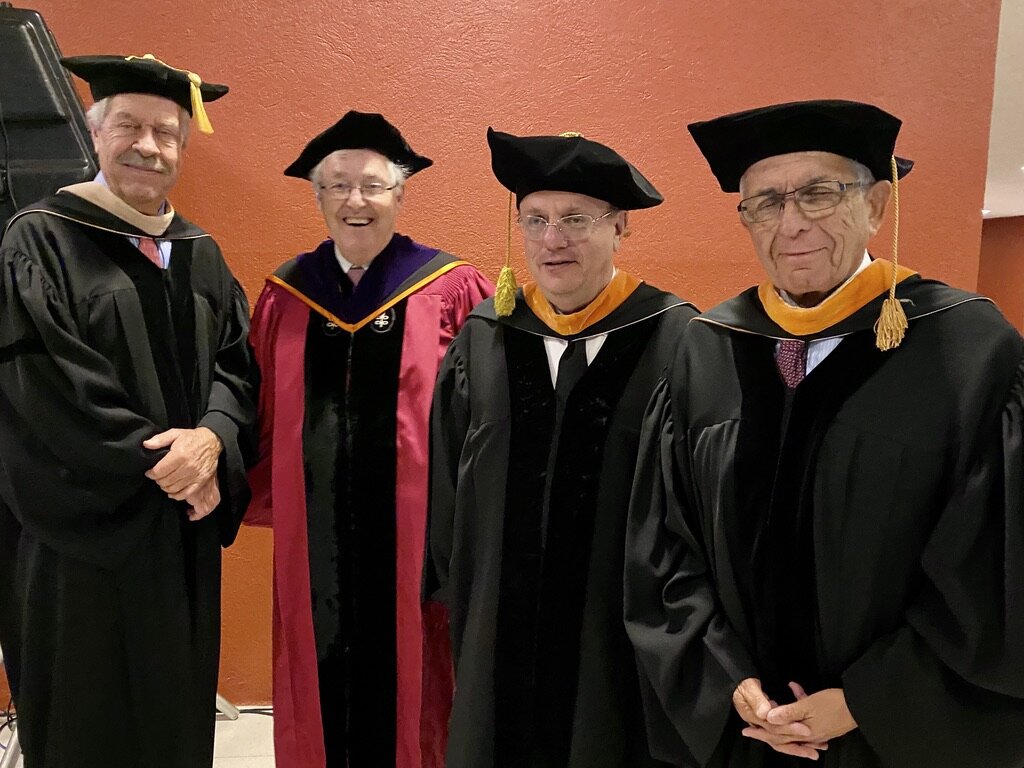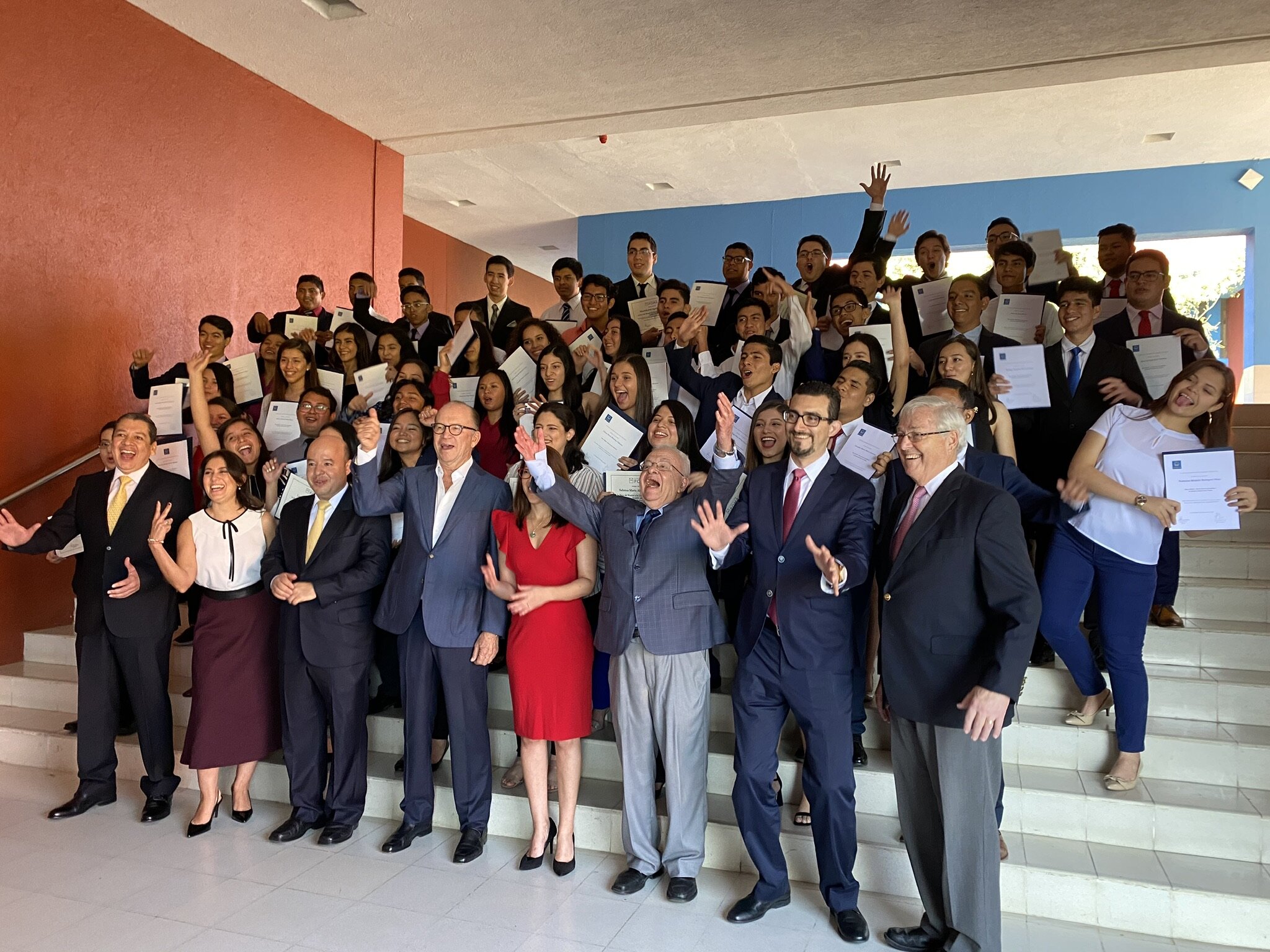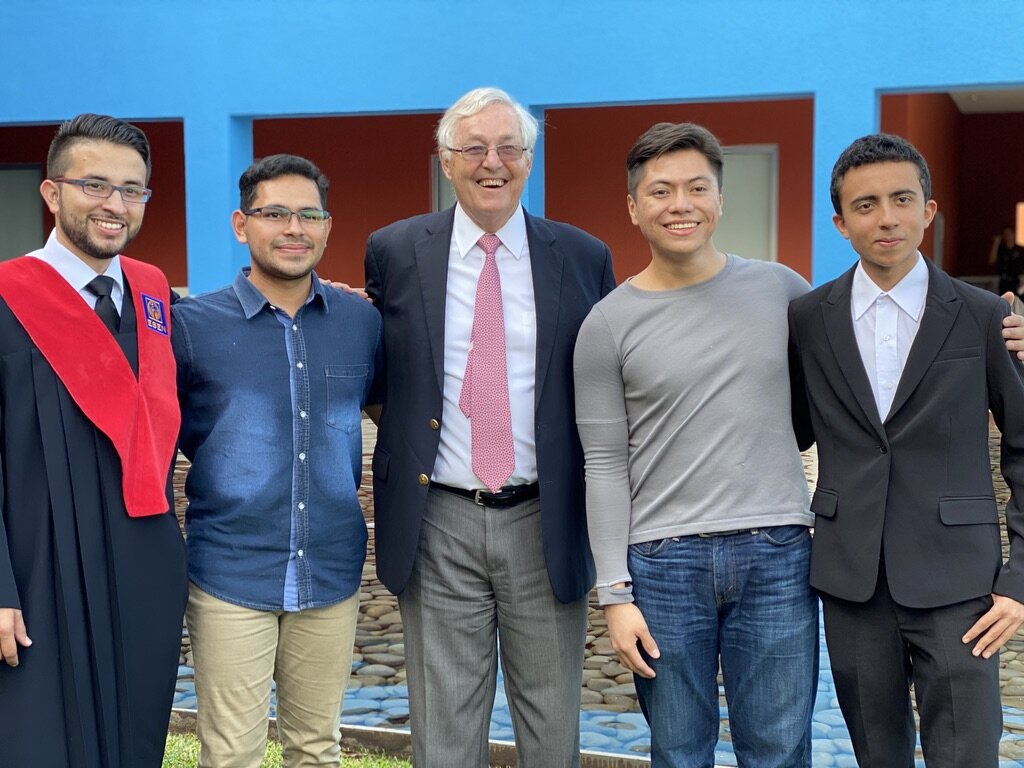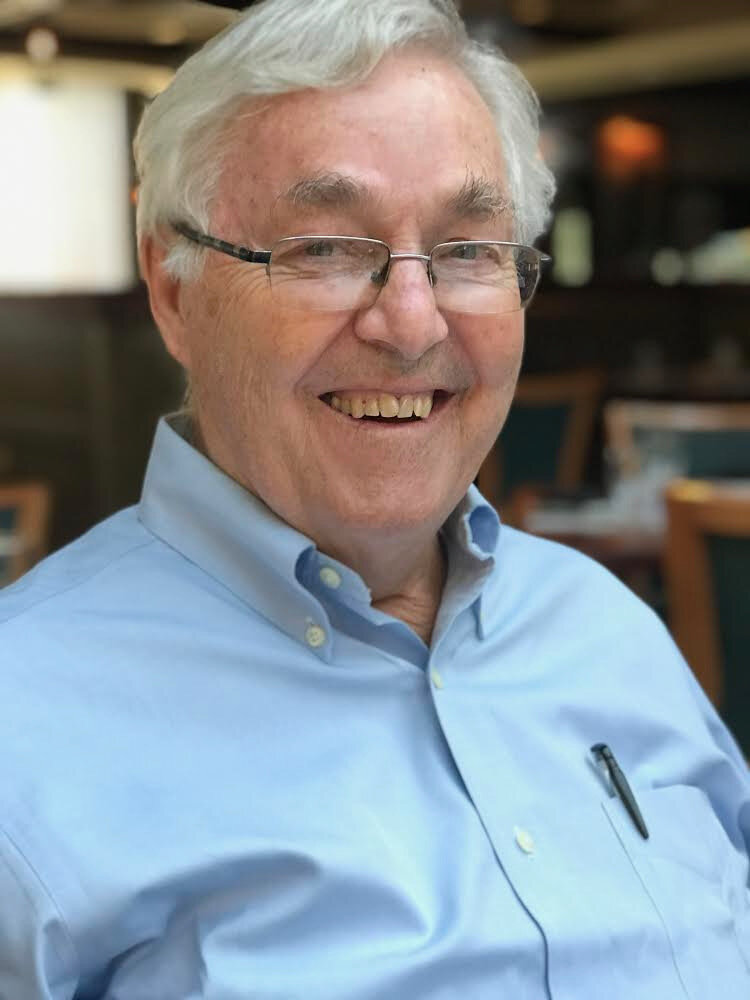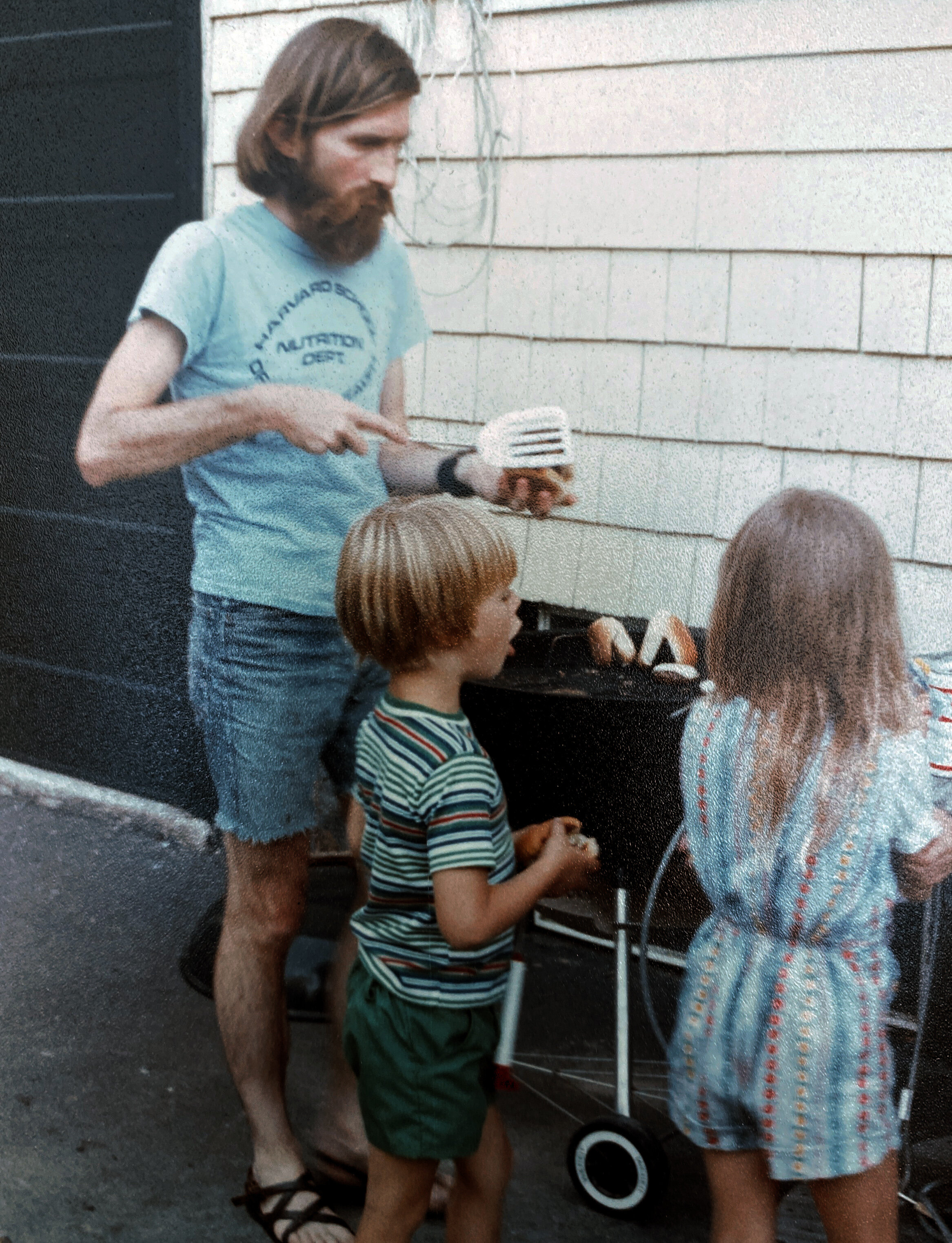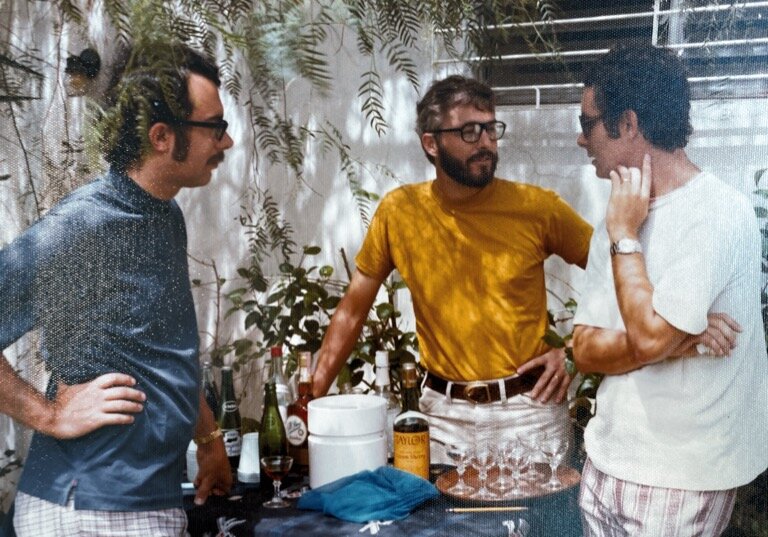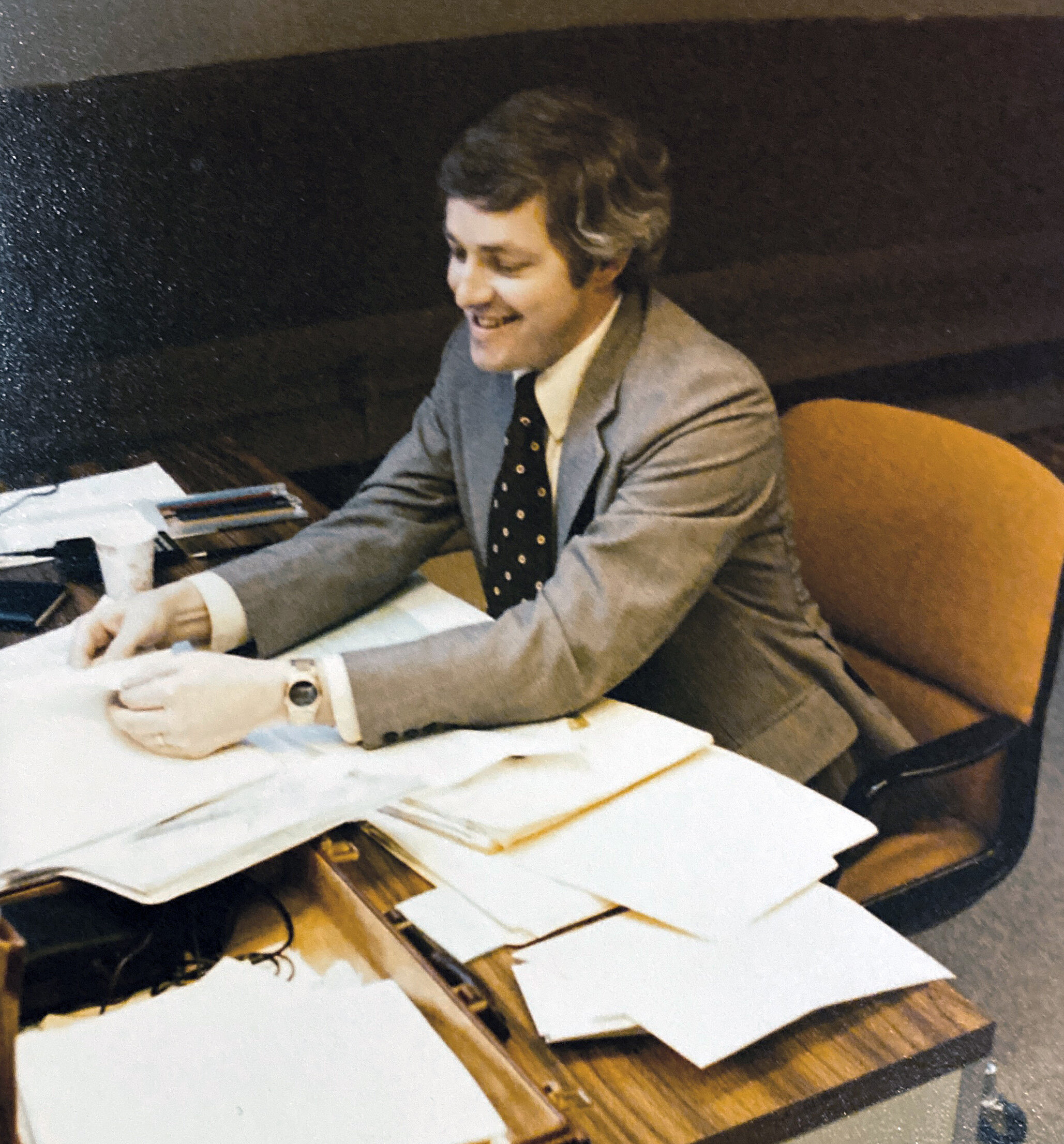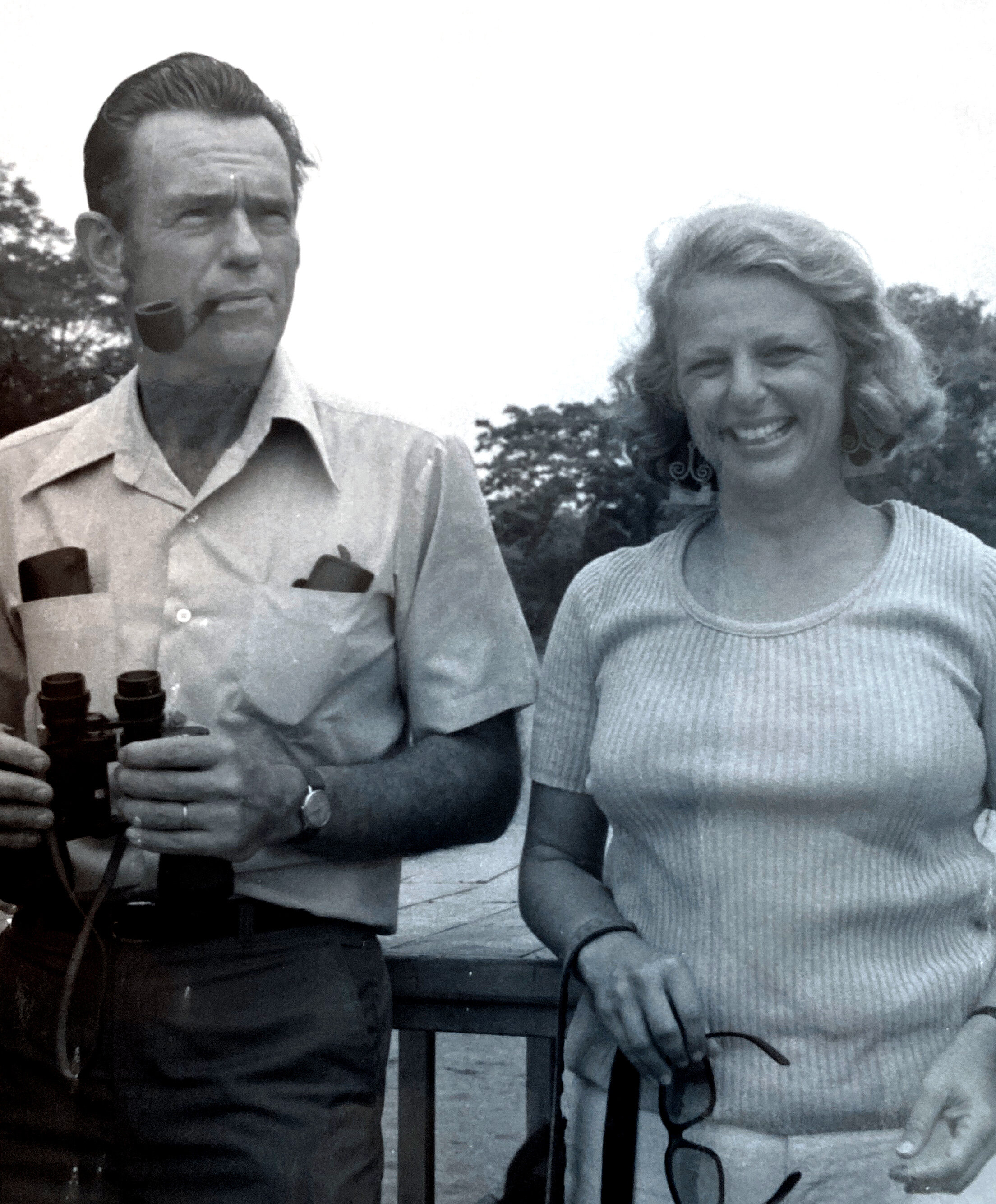Professor:
Teacher / Educator / Mentor
“At the end of the day, it’s all about people — how do you help people develop their full potential, become healthy contributing members of society.”
“INCAE training needs to be as good or better than that at Harvard! Management in the developing world is not easier, but harder than in the developed world.”
My Experience
I come from a long line of educators. I was told my maternal great grandparents were Ministers of Education for Mississippi. My mother was trained as a School Teacher and helped create a K-12 school in San Jose and a Kinder teacher training program in the national university. My father, among other things, was a Seminary Professor. Us kids were expected to not only go to college but graduate school. The result: among the six of us we have 6 Masters degrees and 4 Doctorates.
Reading, ideas and frameworks, I have always loved but never thought of myself as an Academic. After law school, looking for a vocation that was not geographically bounded, I enrolled in the HBS doctoral program thinking it would flesh out my understanding of how business and the political economy works. Also, open up more careers.
The Harvard Business School was helping build the INCAE Business School for Central America while I was completing my course work and general exams. In 1970 I accepted a position on the initial faculty in Nicaragua. While teaching finance, I wrote my thesis “The Role of Family Business Groups in Economic Development.”
I taught at INCAE from 1970-1976, the first two years as Instructor, later as Associate Professor. In my third year, I received a battlefield promotion to Academic Director, the #2 position on the faculty. I also was made Director of one of the major research programs in Development Banking. For a short time after the earthquake, I was also the Acting Director of INCAE National Planning Assistance to the Government of Nicaragua.
From 1976 to 1979 I returned to teach in the MBA Program at the Harvard Business School in the Business Government and International Economy (BGIE) area which added significantly to my understanding of economic and political analysis.
While at Harvard and later in my years at Bain I remained on the Harvard Advisory board and a visiting professor to INCAE, teaching in various executive seminars.
In late 1980, when the Sandinistas had come to power in Nicaragua and the school was in danger of going bankrupt, I returned as Rector (now along with Marc Lindenberg as Academic Director) to try to save INCAE with a new Strategy.
Years later in 1993, when I returned to live in the region as a Bain & Company Director, I taught part-time, developing a “live case” course called Leadership and Competitiveness, in which business leaders came to campus to discuss with students cases from their lives.
In 2005 INCAE and the Aspen Institute created the Central American Leadership Initiative (CALI) and in addition to being a founding sponsor, I became a moderator in their seminars.
I owe a huge debt to both the Harvard Law School and Harvard Business School for introducing me to and training me in “case method” education, the Socratic method of teaching. Professors gave me role models and mentored me. At INCAE, which has grown greatly and is rated one of the top business school in Latin America, I also found great mentors and friends. Both institutions were a supportive platform for satisfying teaching, moderating, and research.
In my last years mentoring has become my principal mission: to Bain and Mesoamerica young professionals and through the Central American Leadership (CALI) to over 300 young Central American men and women who are inspiring. Mentoring, for me, is mainly listening, asking good questions, and encouraging people in their journey from success to significance.
Writings
2006 Memories of INCAE 1970-1982
The story of INCAE’s early years, my experiences learning to teach, helping develop a financially viable strategy for the school, and adapting the strategy to the revolutionary years. It includes profiles and pictures of INCAE´s heroes, certain members of the board, faculty, and staff.
(118 pp)
2016 Case Method Management.
One of my principal objectives as a professor was to master the Socratic case methodology of teaching, which I consider superior for developing managers. This article describes a much-admired CEO using the Socratic methodology as a management tool. The “Harvard case method” is also a powerful analytic framework for problem solving.
(5 pp)
2010 Teaching Stories.
Fourteen stories from my academic career at INCAE and HBS, addressing strategic issues, particularly during the Sandinista era. Several are repeated in INCAE Memories.
(28 pp)
2013 A Faculty Development Proposal.
Advocacy based on Harvard Law School experience, for a second practitioner path to a major faculty position in an MBA programs, .
(3 pp)
2019 Thanks to Wick Skinner.
A tribute to a key mentor for his contributions to INCAE and his style of Mentoring.
(3 pp)
Videos
INCAE Recognizes Harry Strachan during it’s 50th Anniversary Celebration
(1.35 min, in Spanish)
A conversation with Stanley Motta at an INCAE Alumni Reunion
(First 40 minutes, in Spanish)
In Spanish. A conversation of former Rector Harry Strachan with Stanley Motta, a strong supporter of INCAE's mission, sharing parts of his legacy with the next generation of INCAE alumni.
Seminar on Live Case Teaching at INCAE
(22min, in Spanish)
In Spanish, video on the history and how-to of the “live case methodology” used with great success in a second year MBA course on “Leadership and Competitiveness.” Given to INCAE faculty at bag lunch workshop in 2016.
